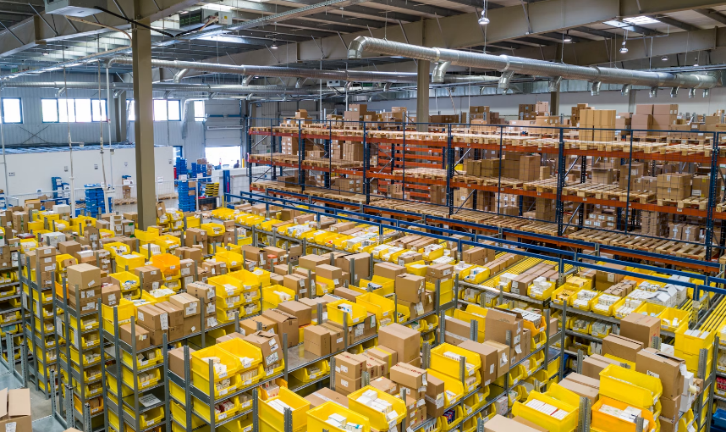Storage is not just a part but a crucial backbone of any business that handles inventory and products on a daily basis. For companies that provide a product, there is a chain of processes that takes place behind the scenes, and storage plays a pivotal role in making that product available in the market.
Storing food products can be the hardest when it comes to inventory management. There are certain temperatures required, and a level of hygiene is to be maintained for food storage. As a business, you have to take certain steps to manage your inventory so that nothing goes to waste.
1. Outsourced Storage
Storing food products can be challenging if you do not have the proper infrastructure and staff that is trained to handle the goods that you need to store. To store food-related items properly, you need to maintain temperatures and make sure that your facility is pest-free.
There is also a need for knowledge and experience in handling these goods, which makes it worthwhile for you to look into 3PL warehousing. Such facilities offer you a hassle-free experience where you do not have to worry about anything, which can make your life easier as a business owner.
2. In House Storage
On-site storage or in-house storage is a much more involved process, but if you have been in the business for a while, it might be the way to go for you. With in-house storage, you have to maintain your own cool room with extra care for hygiene and quality control.
You also have to keep track of inventory and manage things according to your needs. However, investing in a cool room installation can mean no wait times when you need your products. You can go in the back and pick out the things you need, and it becomes as easy as that.
3. Plan for the Future
Planning ahead is key to avoiding any issues in your storage solutions. You need to have a rough sketch of your storage room in mind so that you have a faint idea of where everything goes. This will allow you to catch any potential errors in the orders you place.
There can be nothing worse than ordering a fresh load of products and not having enough space to store them. It can be a logistical nightmare; you can also run into this problem if you outsource your storage. If you order more than the allocated space that you have paid for, you will be stuck in a sticky situation.
4. Keep Track of Inventory
Tracking your inventory is something that you should be doing as a business owner, regardless of the fact that you outsource your storage. However, if you have on-site storage, then it is crucial to keep track of your inventory.
There are multiple advantages of keeping track of your inventory, such as never running out of something when you need it the most. You will also be able to tell what items are consumed more often and what products are causing you a loss at the end of the day.

